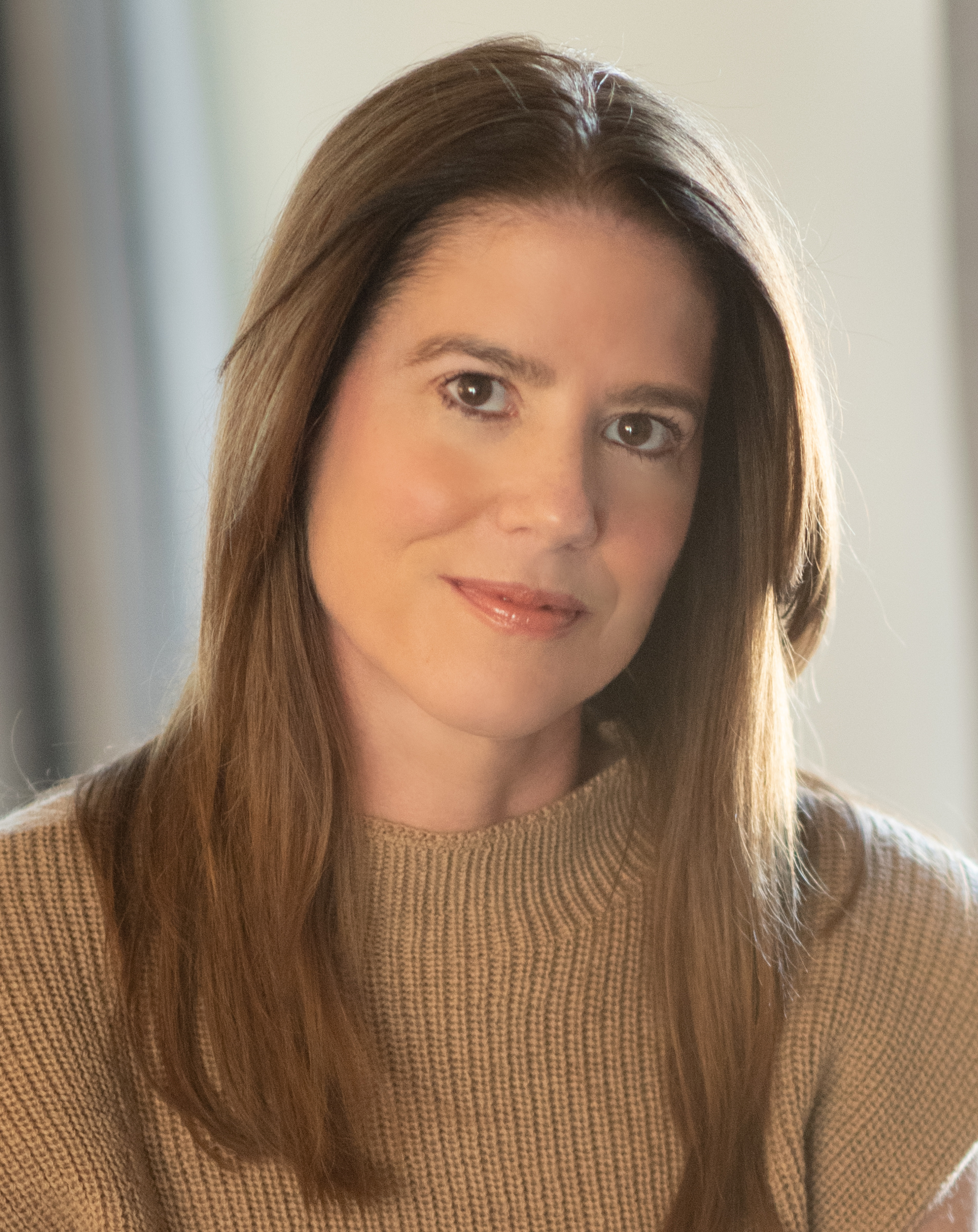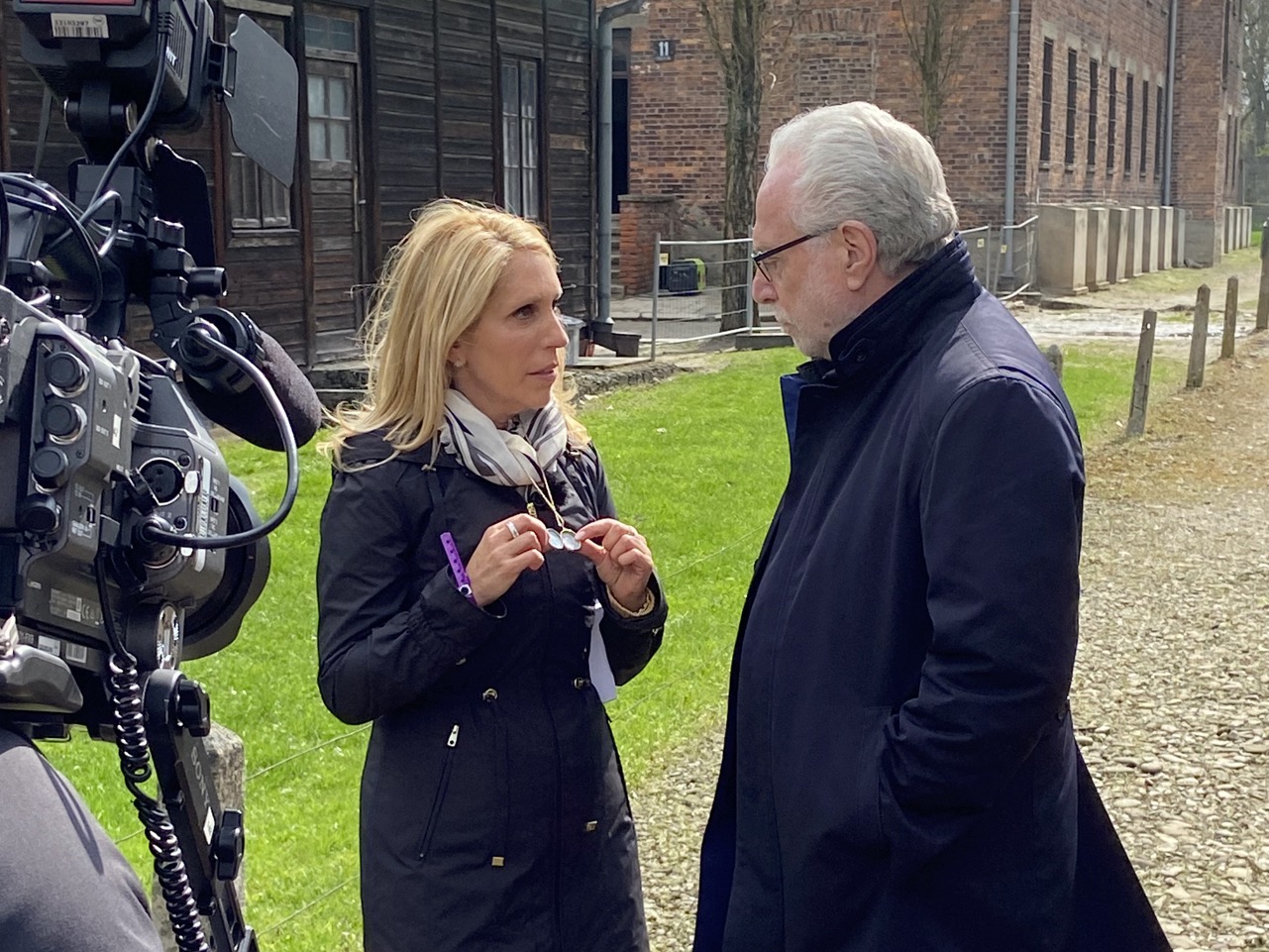In her new book, Saving Grace, CNN senior political analyst Kirsten Powers speaks with therapists, faith leaders, social scientists, and others to learn how to better handle conflict, especially when it comes to politics.
Why did you write this?
I needed to make a change in my life. I was exhausted—in a rage half the time and filled with contempt and all these other things. I realized that the way I was thinking about people and even sometimes acting, especially on social media, was not aligned with who I wanted to be and what I believed. I had this intuition that grace was something that was missing from my life, in terms of how I saw other people.
What do you mean by grace?
It’s this idea that everybody deserves to be treated with humanity. And that doesn’t mean that they’re not accountable for their behavior or there are no consequences. I’m just saying don’t dehumanize them, don’t demonize them. Say you hear someone saying something horrible about undocumented immigrants. Rather than getting angry, [maybe you] could be volunteering for an organization that helps undocumented immigrants. It can apply to something that has nothing to do with politics. But the framework of the book is political because that’s where I was experiencing the most difficulty.
The idea of grace in the book is rooted in Christianity. How did you make it accessible to people who don’t share your faith?
You don’t have to be a Christian to access some of the wisdom of Christianity, any more than you have to be Buddhist to access the wisdom of the Buddhist tradition. It just could be as simple as “I don’t want to be like this anymore”—realizing that you don’t have to feel miserable in order to be engaged, you don’t have to hate people in order to have social change. Truthfully, that was kind of a radical idea for me.
So how do you do that?
I had to unlearn binary thinking, which kept me in a place where I could only put people in good or bad baskets. It was really, really hard. And then at some point, it just clicked. Now I am content and healthy. I’m still gravely concerned about what’s happening in this country. I don’t care less than I did before. But I am able to focus on things that are more helpful than me fighting with people on Twitter. Strength is saying, “I’m not going to get dragged down to your level.”
A lot of people do think that it’s important to fight back.
I agree with that. It’s incredibly important to stay engaged and to speak truth. What I’m saying is you can do that without demonizing people and without becoming like what you’re opposing. Do it in a healthy and productive way. Grace does not require you to take abuse. It’s about not getting pulled into other people’s stuff and recognizing that there’s a whole story behind this person who got to this place. Most people would never in a million years know that when I was going on-air looking happy, I was struggling with suicidal ideation. We don’t know what’s going on with other people. I don’t think you’ll ever go wrong treating people with grace.
This article appears in the January 2022 issue of Washingtonian.


















